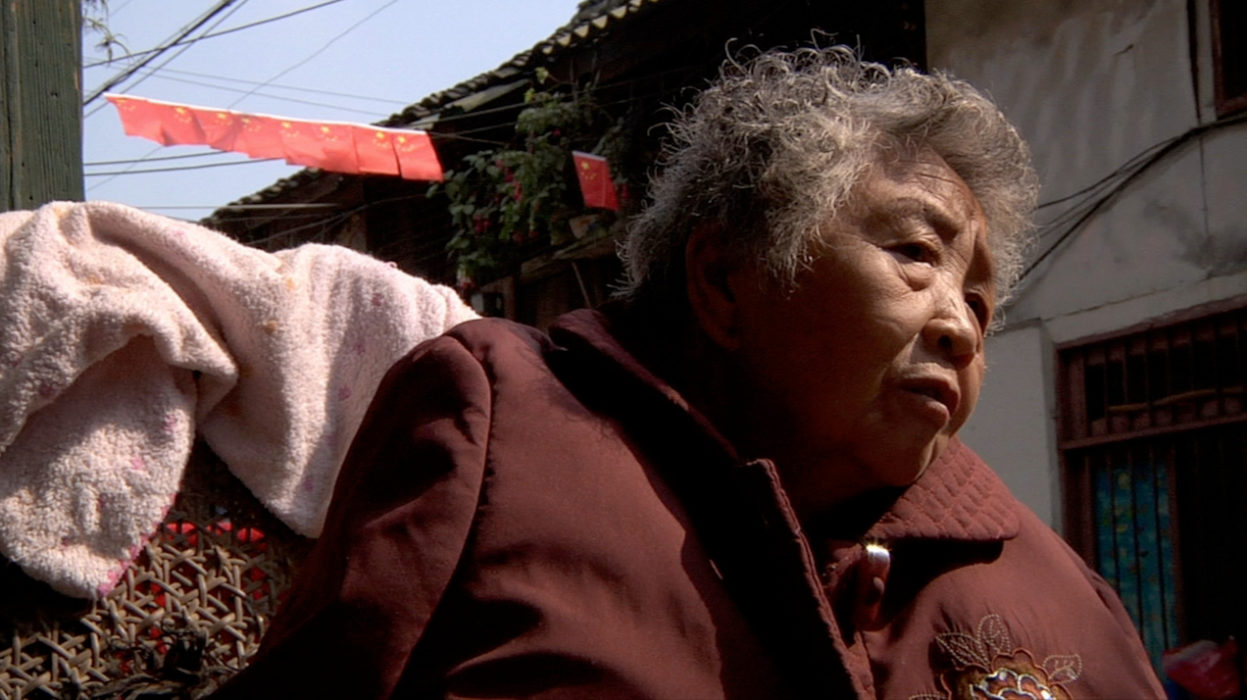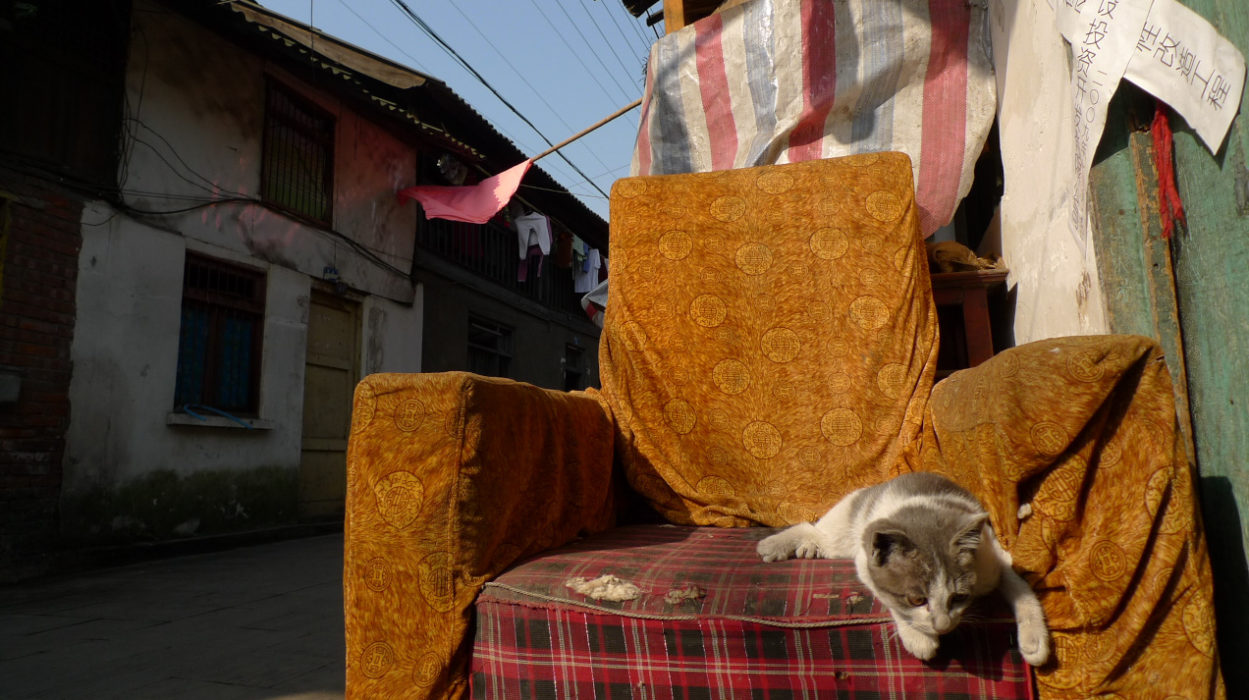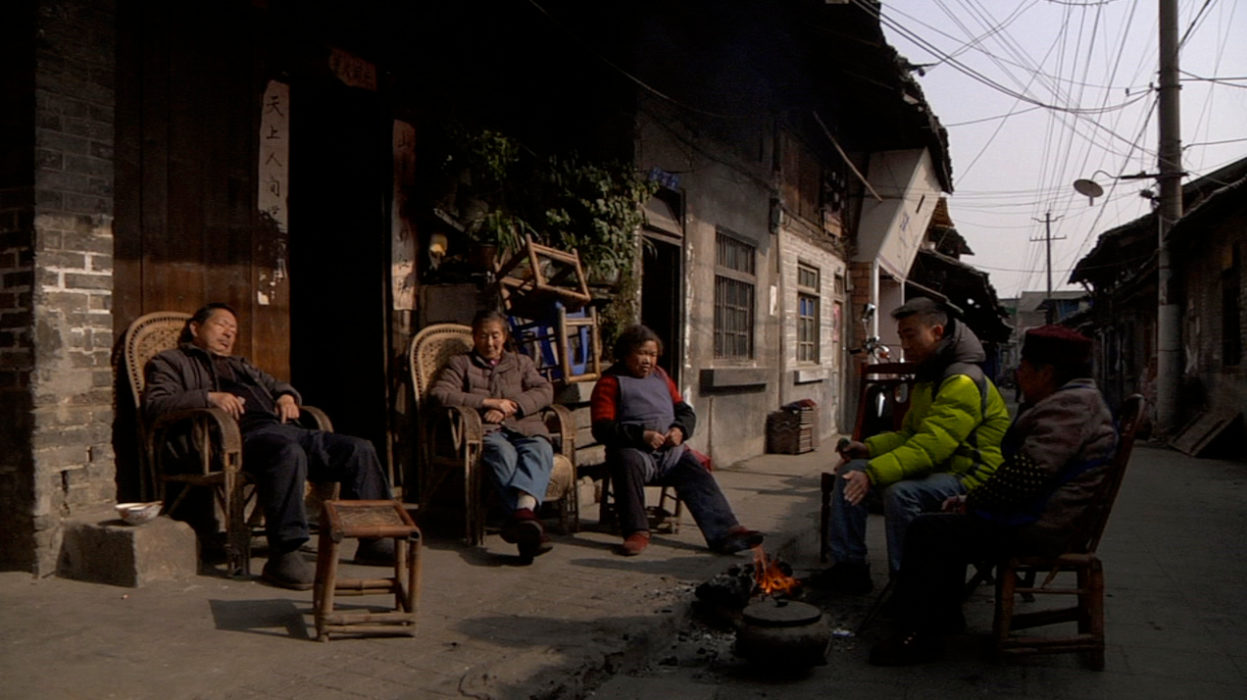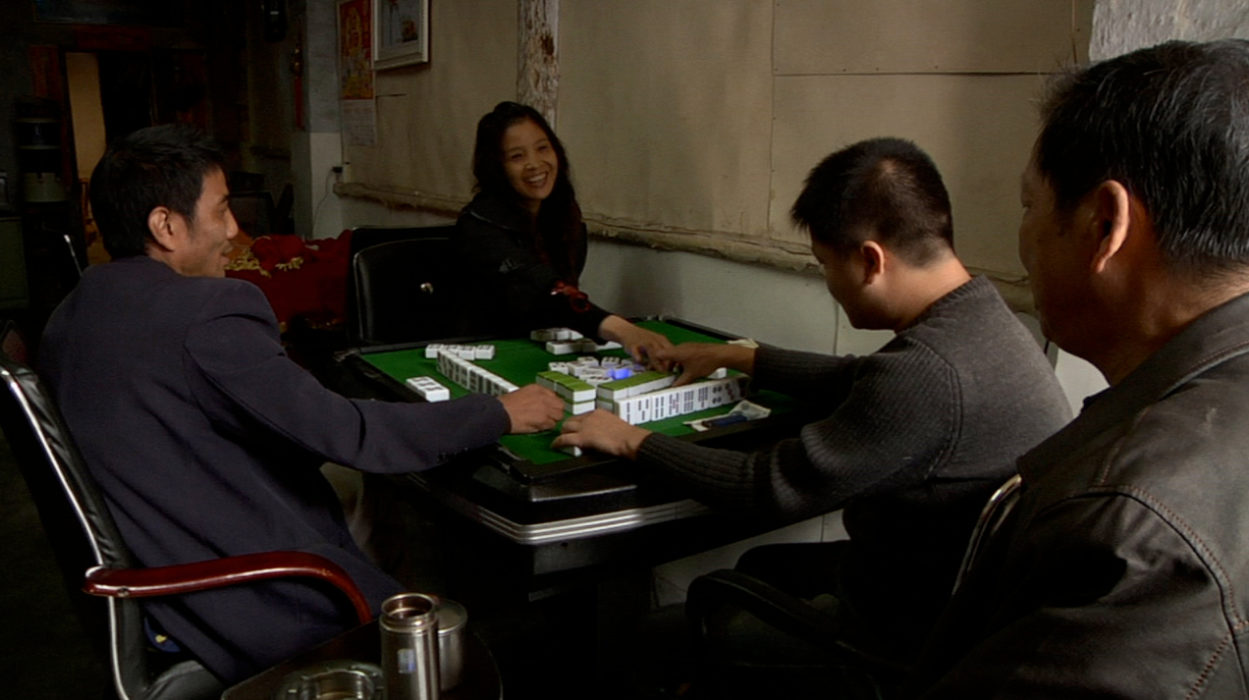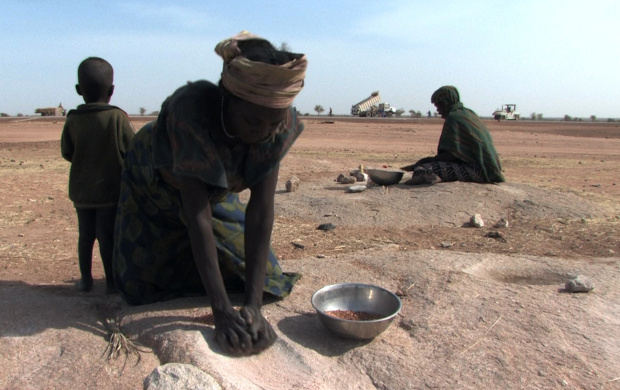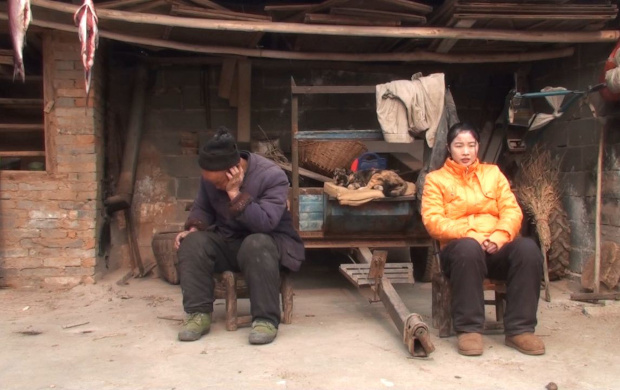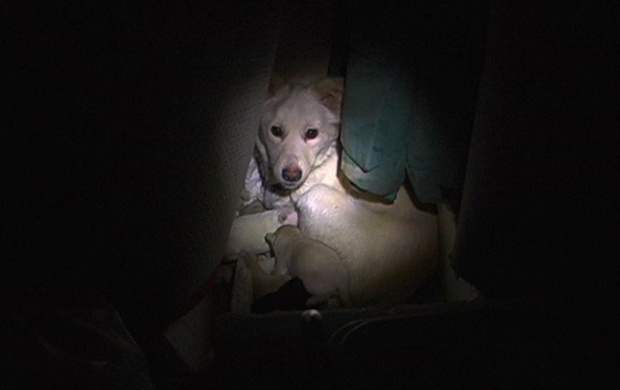The Vanishing Spring Light
- 2011
- China; Canada
- 112 minutes
- Chinese
JORIS IVENS AWARD
In a street due for demolition, Grandmother Jiang shares her house with her son and daughter-in-law. In the final days of her life, the conflicts between her children are rife. Xun Yu’ spends two years in the family circle during which he witnesses the metamorphosis of the district – and indirectly of Chinese society as a whole. His account is probably all the more successful because the surrounding urban transformation more or less mirrors the quarrels of the Jiangs: galloping materialism that turns everything into profit. This is mirrored even in the way the house is divided up: the widow’s quarters are relegated to the back of the house, whilst her daughter-in-law has opened a mah-jong den in the living room… In ever-closer concentric circles, the film inventories the sufferings of this old lady whose life has been shaped by successive government policies. Beyond the historical interest of such a testimony, the filmmaker’s presence at her bedside reveals a solicitude that is all the more touching as it contrasts sharply with the family’s functioning – between the surrounding commotion and the excessive pomp of the funeral to come, a genuinely close relationship has grown.
- Production : Eyesteel Films
- Editing : Tao Gu
- Sound : Xun Yu
- Photography : Xun Yu
- Copy contact : CAT&Docs
